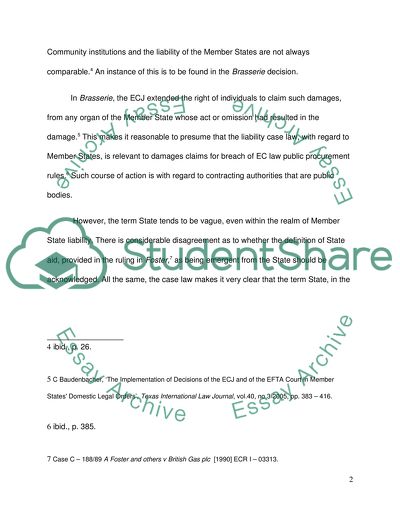Cite this document
(“Critically discuss this statement with reference to decided cases and Essay”, n.d.)
Retrieved de https://studentshare.org/law/1401977-critically-discuss-this-statement-with-reference
Retrieved de https://studentshare.org/law/1401977-critically-discuss-this-statement-with-reference
(Critically Discuss This Statement With Reference to Decided Cases and Essay)
https://studentshare.org/law/1401977-critically-discuss-this-statement-with-reference.
https://studentshare.org/law/1401977-critically-discuss-this-statement-with-reference.
“Critically Discuss This Statement With Reference to Decided Cases and Essay”, n.d. https://studentshare.org/law/1401977-critically-discuss-this-statement-with-reference.


